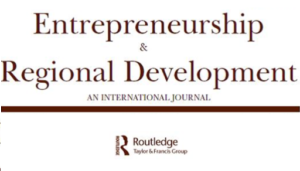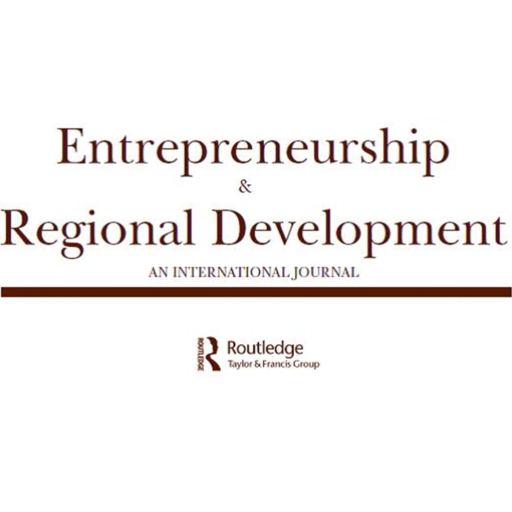Episode 131 – Ting Zhang – Empowering entrepreneurs: age, telework, and geographic context in transitioning to knowledge-based self-employment
This study investigates three pivotal factors influencing workers’ shift towards knowledge-based self-employment: the facilitation effect of telework, age-related modifications to this effect, and geographic influences, drawing from Self-Determination Theory, Procedural Utility, and the Job Demands-Resources Model. Pre- and post-pandemic teleworkers are categorized into four groups based on telework history: Never Teleworked, Newly Teleworked, Used to Telework, and Always Teleworked. Utilizing the latest US Census Data and global logistic regression with fixed effects alongside customized Geographically Weighted Logistic Regression with sampling weights, the study unveils: (1) Telework heightens the likelihood of workers transitioning to knowledge-based self-employment. (2) Longer telework tenure amplifies this propensity, progressing from those Newly Teleworked to Used to Telework and Always Teleworked, compared to the Never Teleworked. (3) The impact of telework on knowledge-based self-employment varies with age, with the gap between telework tenures widening as individuals age. (4) Spatial disparities among older workers are evident: regions with strong government sectors exhibit pronounced age effects for those Never Teleworked, technology and innovation hubs showcase this effect for Newly Teleworked individuals; major southern hubs demonstrate the age effect for those Used to Telework, and regions with robust research institutions highlight this effect for Always Teleworked individuals.
Full text available on Taylor & Francis website: https://www.tandfonline.com/doi/full/10.1080/08985626.2025.2464236


